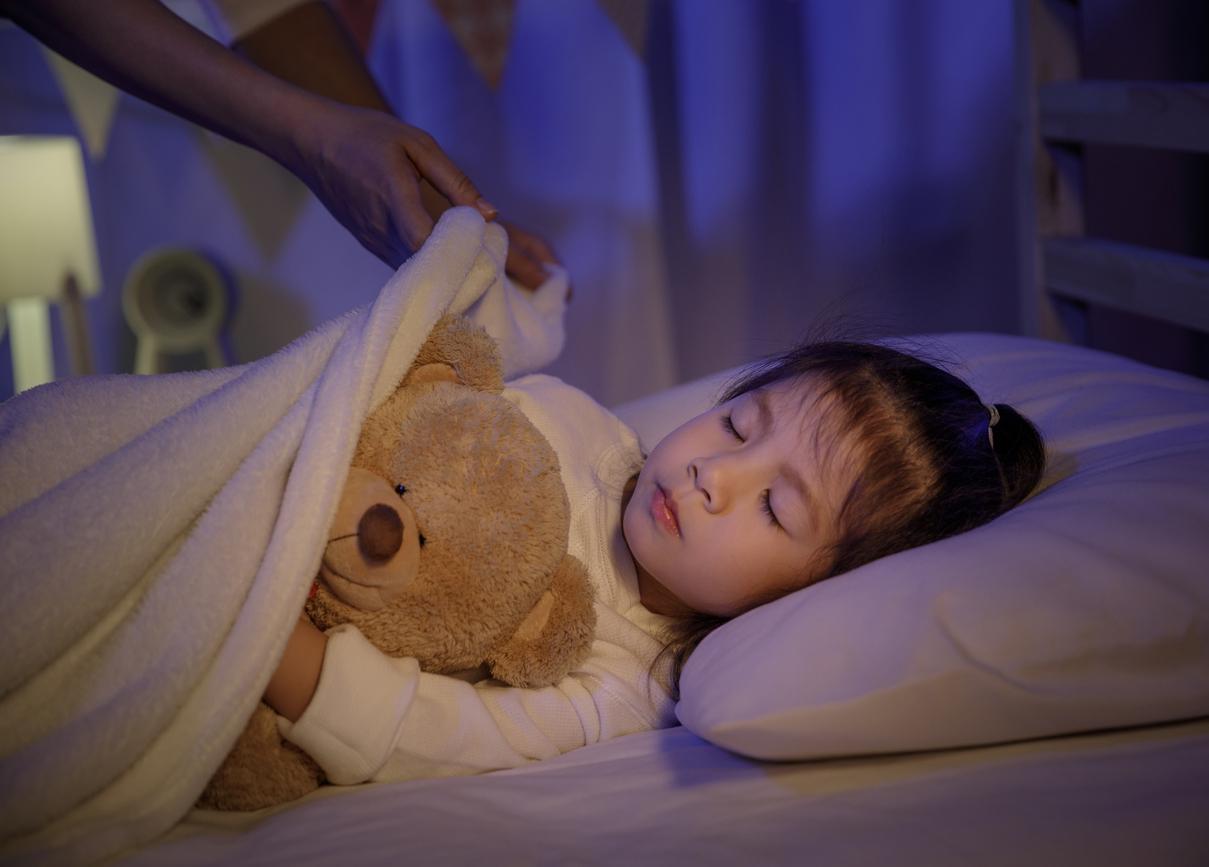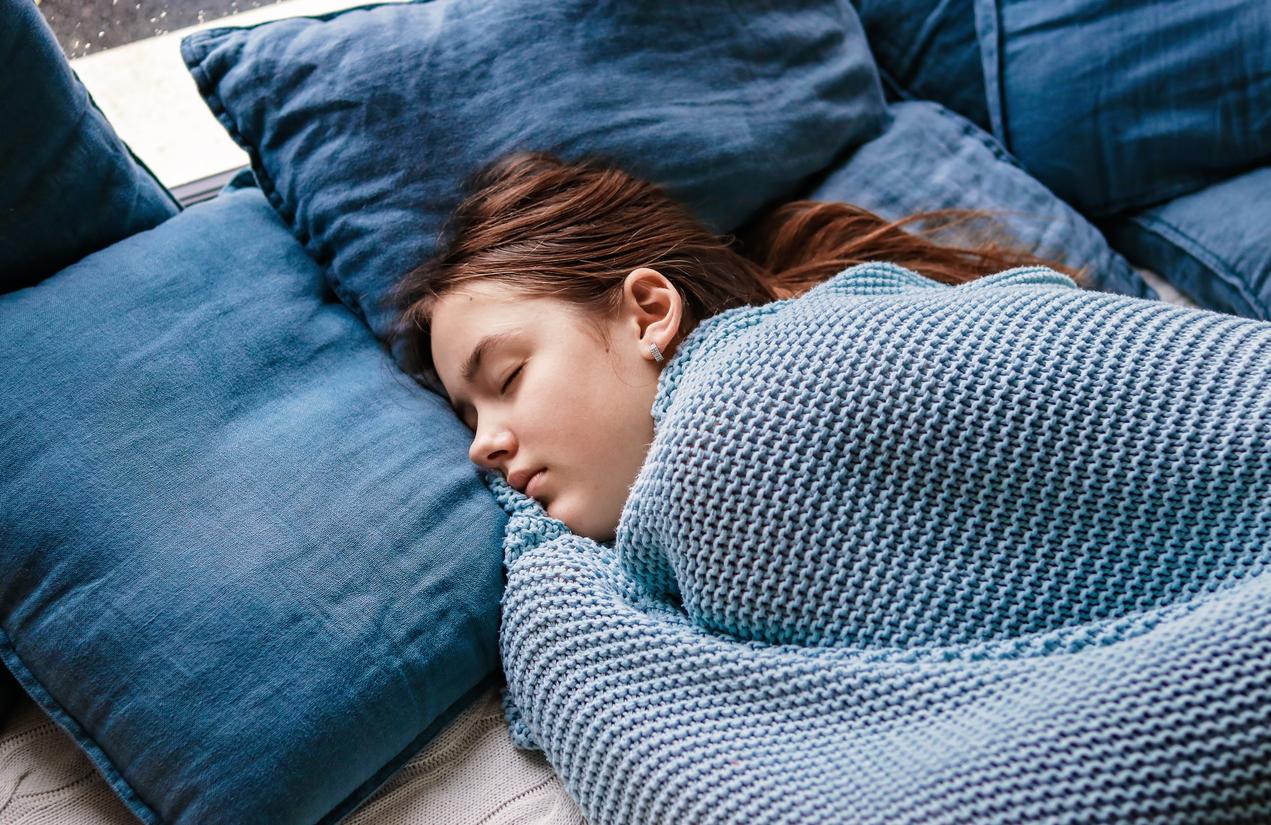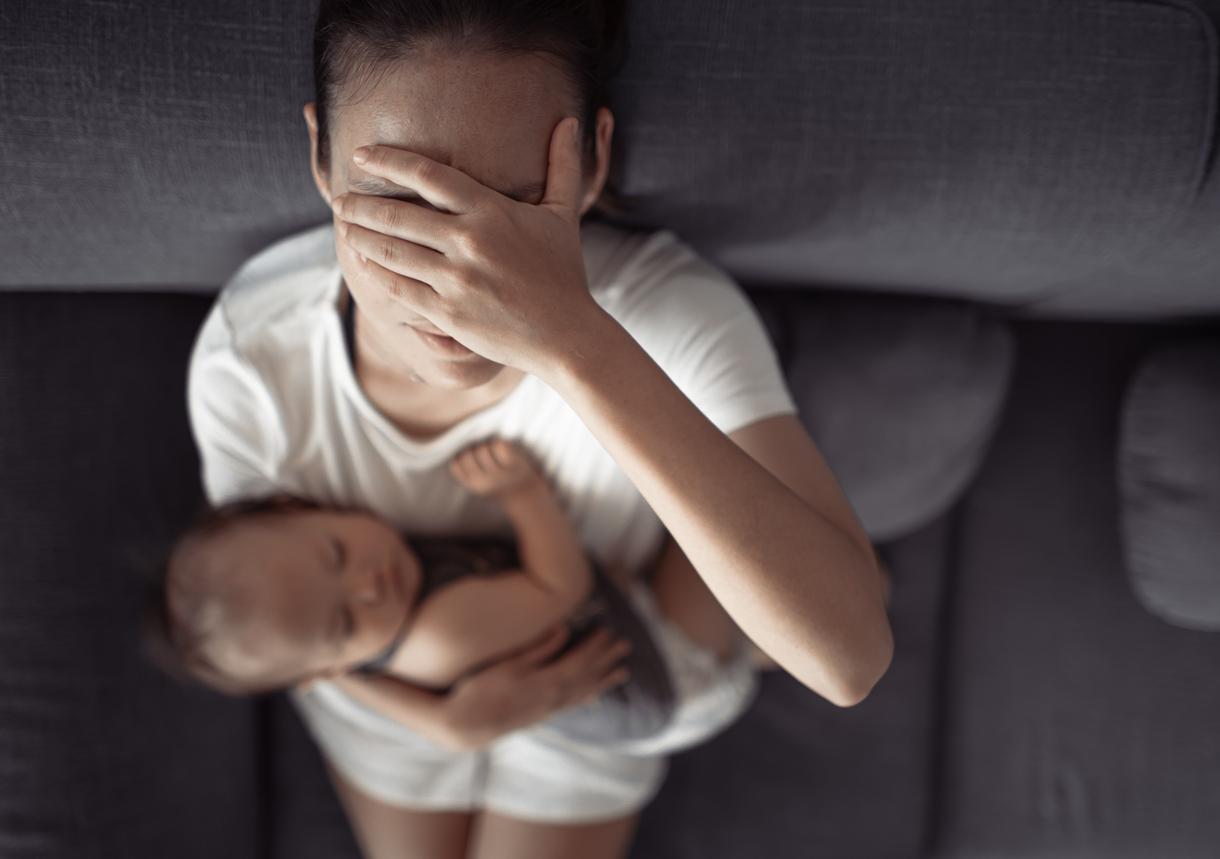Insomnia is characterized by difficulty falling asleep. It often has negative consequences on the activities of the following day. Doctor Patrick Lemoine, author of “Doctor I hurt my sleep”, published by Odile Jacob.
the sleep is one of the pillars of our health, as well as a good diet, and regular physical activity. However, it remains fragile because it is conditioned by our environment (light, noise, temperature), our way of life, our housing conditions, our psychological balance, etc. But we sleep less and less, and more and more badly.
According to the results of the public health barometer dating from 2017, among 18-75 year olds, 13.3% were subject to chronic insomnia. 17.1% in women and 9.2% in men. Insomnia results both in nocturnal awakenings only by difficulty falling asleepor by early awakenings the morning. These disorders have repercussions on the quality of life, or on professional life. You may feel very tired, drowsy during the day, nervousness, difficulty remembering or concentrating. Insomnia can be occasional or regular. Sometimes it occurs following a specific event, happy or unhappy.
Chronic insomnia occurs more than 3 times a week over a period of 3 months or more. If they affect adults in majority, children are not spared. Especially in the current period or for almost two years of the Covid epidemic, they are suffering the consequences of an anxiety-provoking climate with confinements, health constraints or complicated prospects.
Read also:
- These 7 yoga postures make it easier to fall asleep, which one is for you?
- Sleep: 9 stretches to do before bed
- 6 solutions that we do not think of, to easily fall into sleep



























